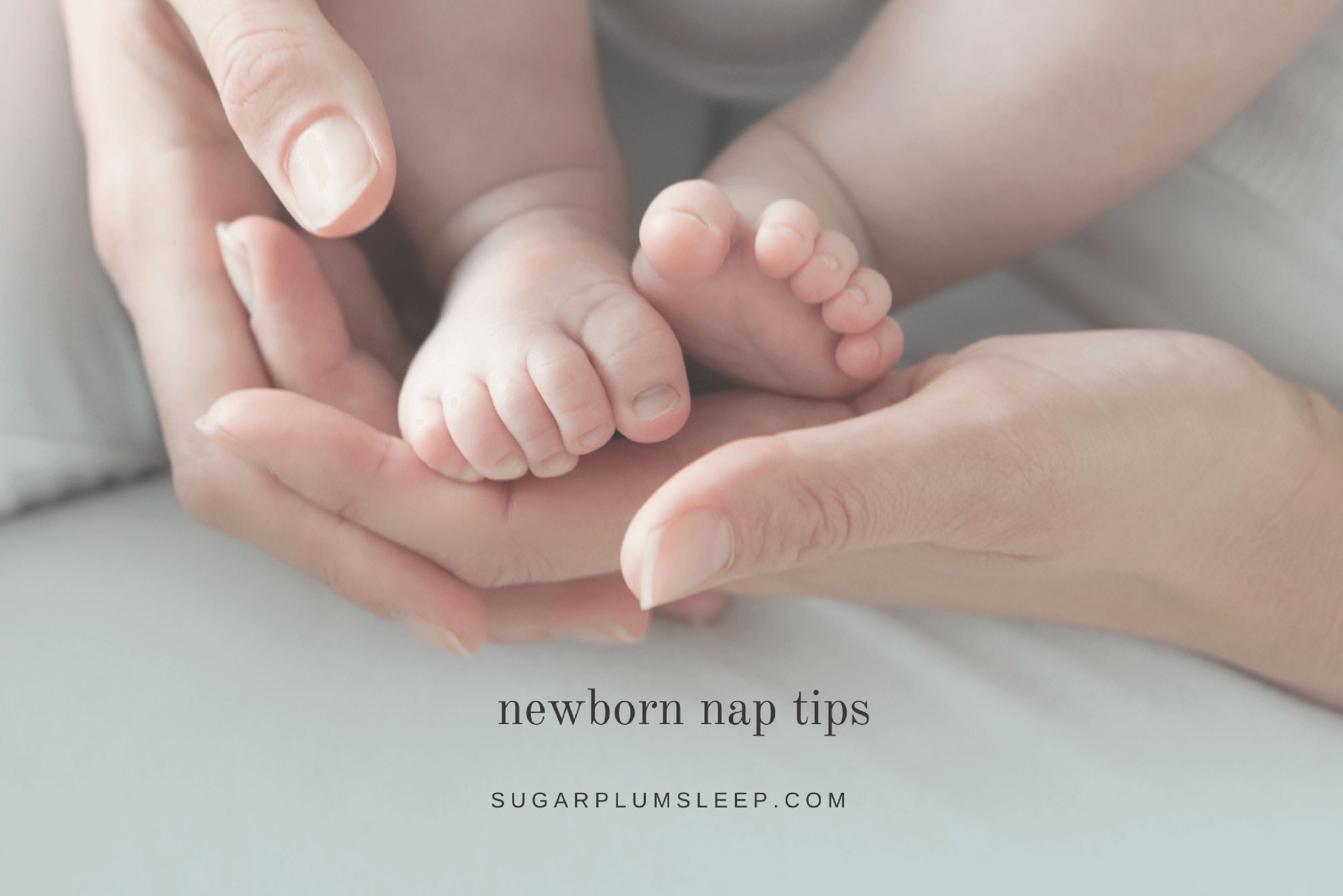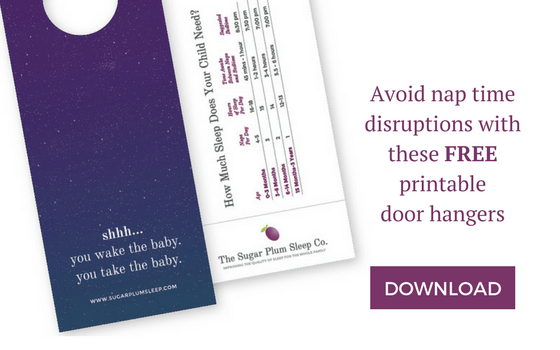Sleep pressure can build quickly in a baby, creating a need for frequent sleep during daytime hours. So while many families strive for long periods of sleep at night, it’s difficult to achieve that goal unless your baby has good quality naps during the day. The following newborn nap tips will help to encourage good quality sleep during the day, even at an early age.

Newborn Napping Schedules
The first rule of newborn nap schedules is that there is no nap schedule! Try not to focus on nap length or naps set at specific times of day; instead, watch your child for signs of fatigue. Babies in this age range can typically only stay awake for 45-60 minutes. That’s not a lot of time. Most days you will feel like you have barely fed, burped and changed your little one before putting them back down for a nap! On an average day, your baby could sleep as much as 17 hours in a 24 hour period. How long your child sleeps at each nap is more difficult to predict. The length of their nap depends largely on the size of their stomach, which can vary.
Nap routines are important, even at a young age
Creating a short naptime routine is just as important as a bedtime routine…and it’s never too early to introduce one. As your child gets older, they will already be familiar with the sequence of events surrounding nap time. Nap routines should be approximately 3 to 5 minutes in length. Suggested nap routine for a newborn:
- Diaper change
- Swaddle or sleep sack
- White noise
- Cuddles and short song while walking around the room
Safe Sleep
With so many naps during the day, it’s likely not practical to have your baby nap in their crib or bassinet at all times, but it’s important to exercise some caution for naps on the go. Health Canada advises against allowing your child to sleep for long periods of time in strollers, car seats, swings, bouncers, slings or baby carriers that keep them in seated or semi-reclined position.
Keeping current health guidelines in mind, a short nap assisted by a swing or vibrating chair is ideal for a late day or early evening nap when your child may be fussy. This gives you an opportunity to take some time for yourself and helps to ensure your baby is well rested going into bedtime.
Watch for Nap Transitions
As your baby nears 3 months of age, they may have enough stamina to stay awake for longer periods of time (1-1.5 hours of awake time). Along with increasing intervals of awake time, the last nap of the day is usually replaced by an earlier bedtime. Consider monitoring your child’s sleep patterns more around this age to determine if they need some additional awake time to help encourage longer nap lengths and a more predictable daytime schedule.
Note: This blog post was originally written for Bonjour Baby Baskets on September 23,2015.



Share Your Thoughts.